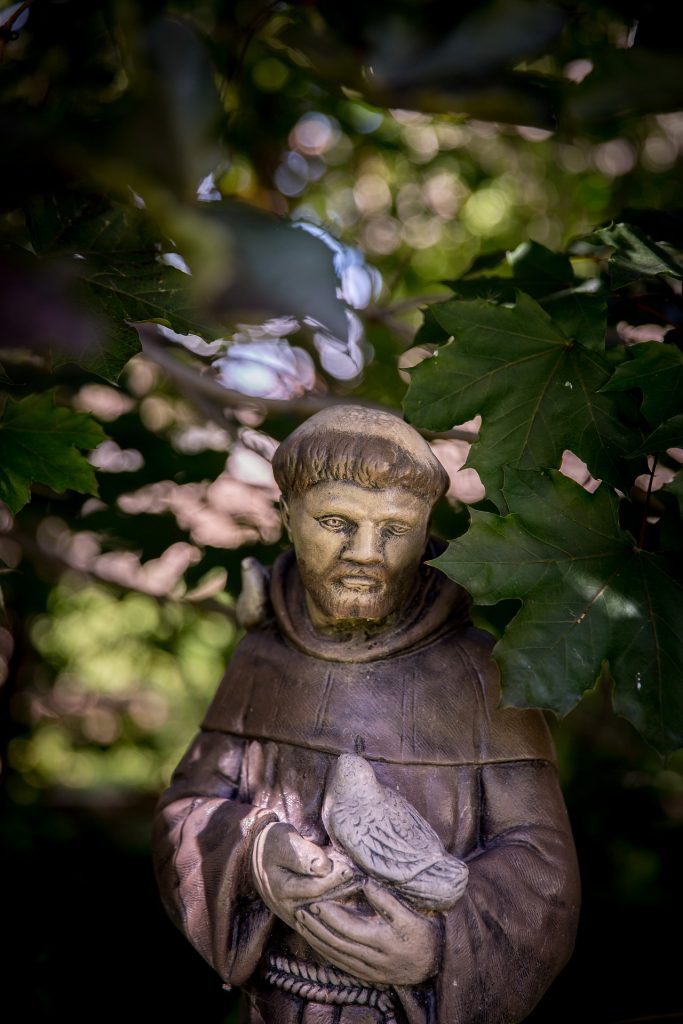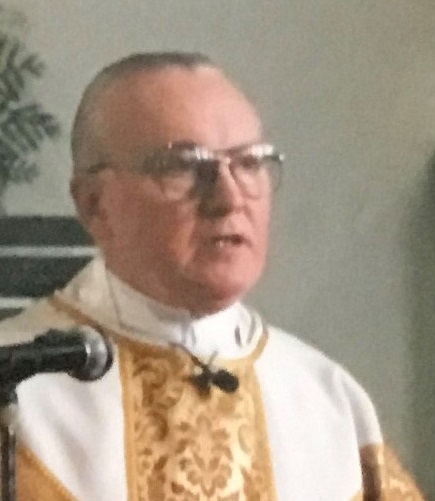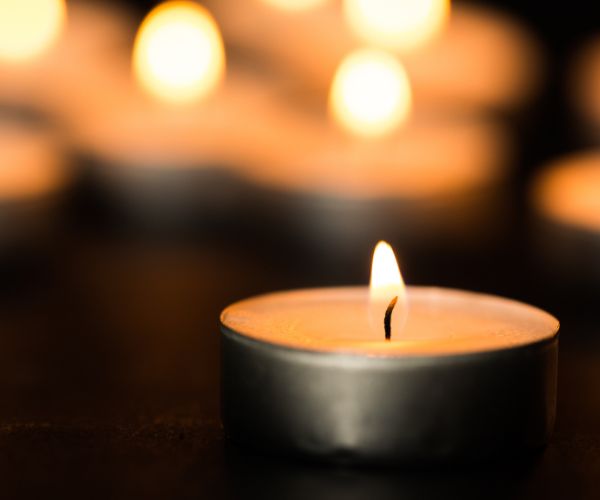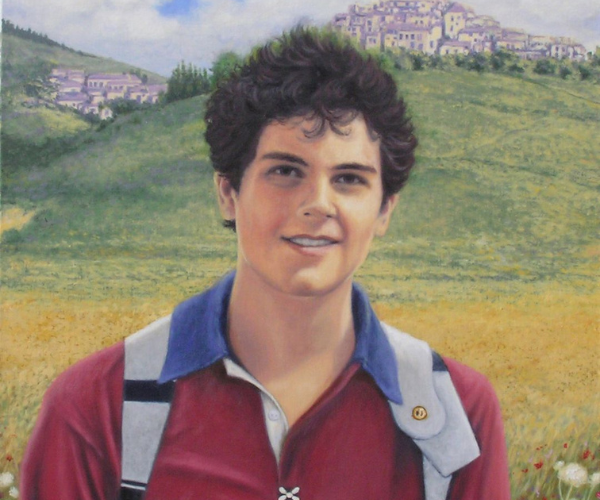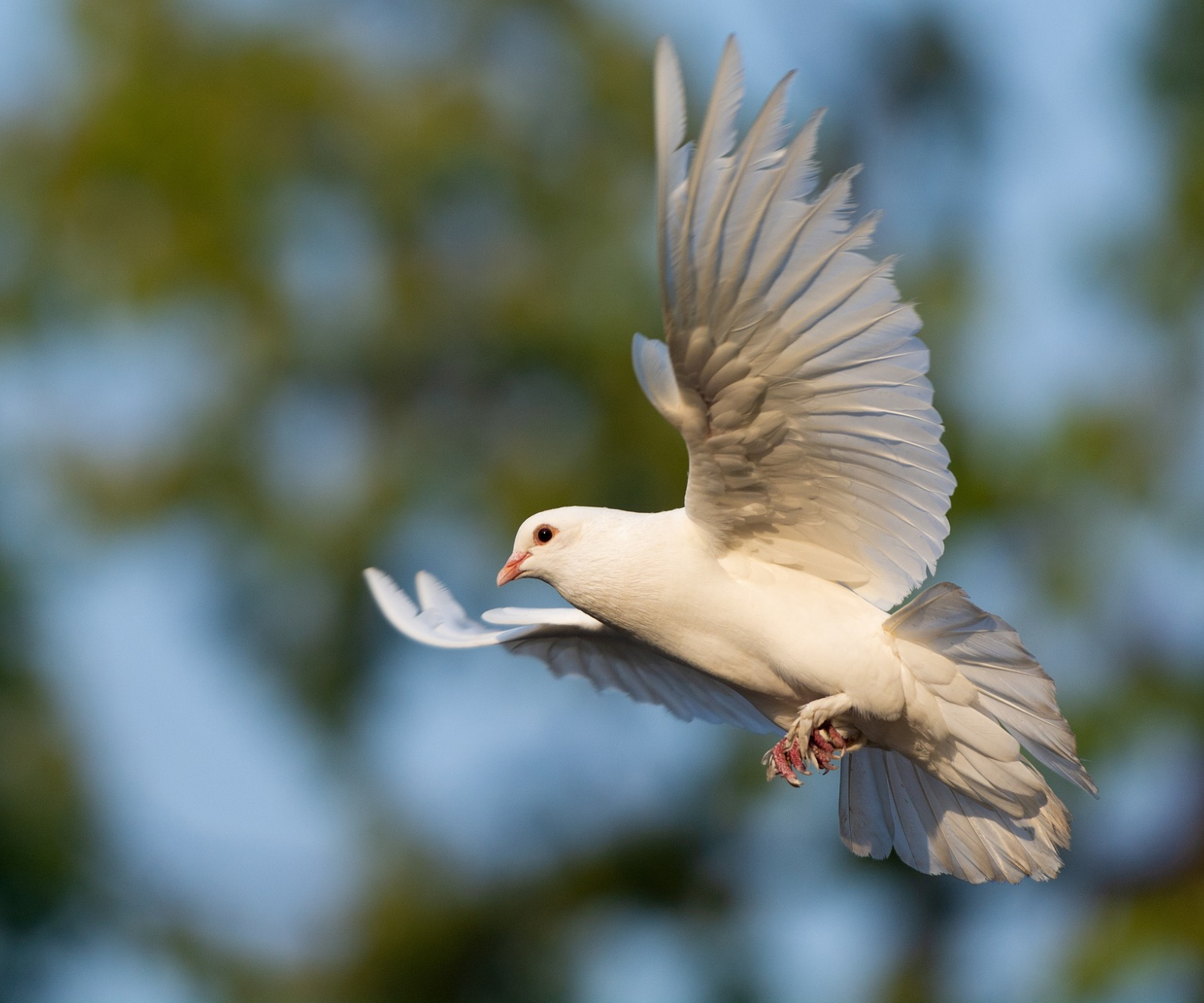
Living Our Faith
Tuesday 14th September 2021As part of the Season of Creation and to start the week we focus on Spirituality, Renewal and Wellbeing, we wanted to look at why Caring for Our Common Home is central to our faith and spirituality.
To help us Sister Joan Kerley, FMSJ, has written a short reflection to help guide our thoughts:
Care for our common home, its people, and all creation is rooted in our Judaeo-Christian religious tradition. Pope Francis, in Laudato Siʹ: On Care For Our Common Home, explains this very clearly in “Chapter Two: The Gospel of Creation.” Challenging his readers to use all branches of knowledge- the sciences, philosophy, theology, spirituality, the arts- in our common quest to address the complex issues of today’s ecological crisis, he writes: “It is good for humanity and the world at large when we believers better recognize the ecological commitments which stem from our convictions.” (paragraph 64)
The Hebrew Scriptures invite us to be “Co-Creators” with God in caring for, and using wisely, the environment God has given us. The Genesis accounts, Pope Francis writes, “suggest that human life is grounded in three fundamental and closely related interrelationships: with God, with our neighbour and with the earth itself.” (paragraph 66) When we meditate on these beautiful passages, we are invited to consider our response: do we “dominant” the world, believing that we can use natural resources for our own sakes, sometimes irresponsibly, or are we “stewards” of the earth, nurturing it so that all may benefit? Francis of Assisi, in his Canticle of All Creatures goes even further, evoking a sense of kinship by naming all creatures as “brothers” or “sisters” whom God loves and created. We can cultivate a sense of awe by meditating on the Psalms which praise the wonder of God’s creation and learn to contemplate our local environment with a new vision.
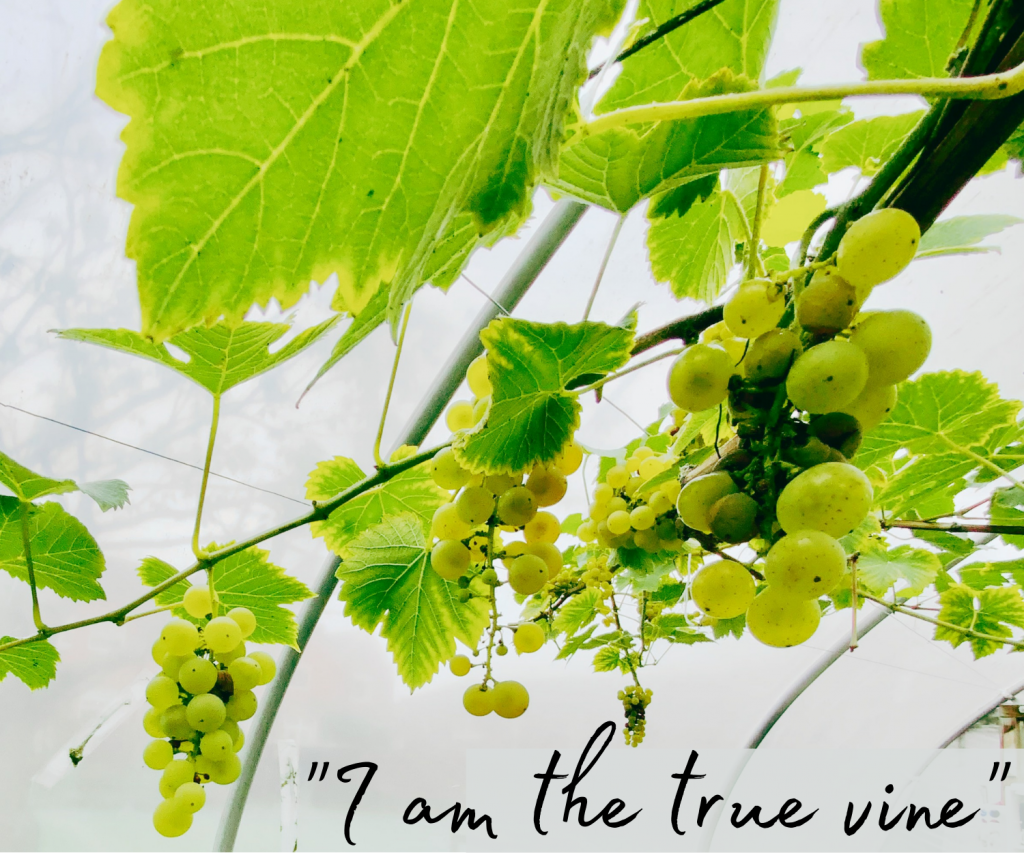 In the New Testament, Jesus witnesses to the beauty and diversity of God’s gifts by using various flowers and shrubs, the plants in the fields, and the birds of the air to illustrate his teachings. In his letter to the Colossians, St. Paul writes: “He is the image of the invisible God, the firstborn of all creation. For in him were created all things in heaven and on earth, whether visible or invisible, whether thrones or dominions or rulers or powers—all things were created through him and for him.” (Col.1:15-16) Pope Francis explains: “One Person of the Trinity entered into the created cosmos, throwing in his lot with it, even to the cross. From the beginning of the world, but particularly through the incarnation, the mystery of Christ is at work in a hidden manner in the natural world as a whole, without thereby impinging on its autonomy.” (paragraph 99) Praying with the Gospel accounts can challenge us to put our faith into action by advocating for justice for all people, particularly those most affected by climate change.
In the New Testament, Jesus witnesses to the beauty and diversity of God’s gifts by using various flowers and shrubs, the plants in the fields, and the birds of the air to illustrate his teachings. In his letter to the Colossians, St. Paul writes: “He is the image of the invisible God, the firstborn of all creation. For in him were created all things in heaven and on earth, whether visible or invisible, whether thrones or dominions or rulers or powers—all things were created through him and for him.” (Col.1:15-16) Pope Francis explains: “One Person of the Trinity entered into the created cosmos, throwing in his lot with it, even to the cross. From the beginning of the world, but particularly through the incarnation, the mystery of Christ is at work in a hidden manner in the natural world as a whole, without thereby impinging on its autonomy.” (paragraph 99) Praying with the Gospel accounts can challenge us to put our faith into action by advocating for justice for all people, particularly those most affected by climate change.
We may look to Francis of Assisi to answer: “What good can one person do?”. Through prayer he learned to serve the leper and the poor. Risking ridicule, he preached peace during the Crusades. Through meeting his “enemy”, the Sultan, he learned respect for another’s faith and culture. By embracing the cross, he saw the interconnectedness of all creation, his brothers and sisters, united through God’s creating love. His was a simple, ordinary life of love and service.
Planting a field of wildflowers or trees to nourish the environment, living a simpler lifestyle to allow all equal access to the world’s riches, taking time to pray and meditate on the beauty of creation or petitioning our governments to radically address the climate crisis are all easy steps we can take to live our faith. Francis’ deathbed message is relevant today: “I have done what was mine to do. May Christ teach you what is yours.”
Sister Joan Kerley is a religious sister living in our diocese from the Franciscan Missionaries of St Joseph.
Tagged | Catholic Church | Environment

